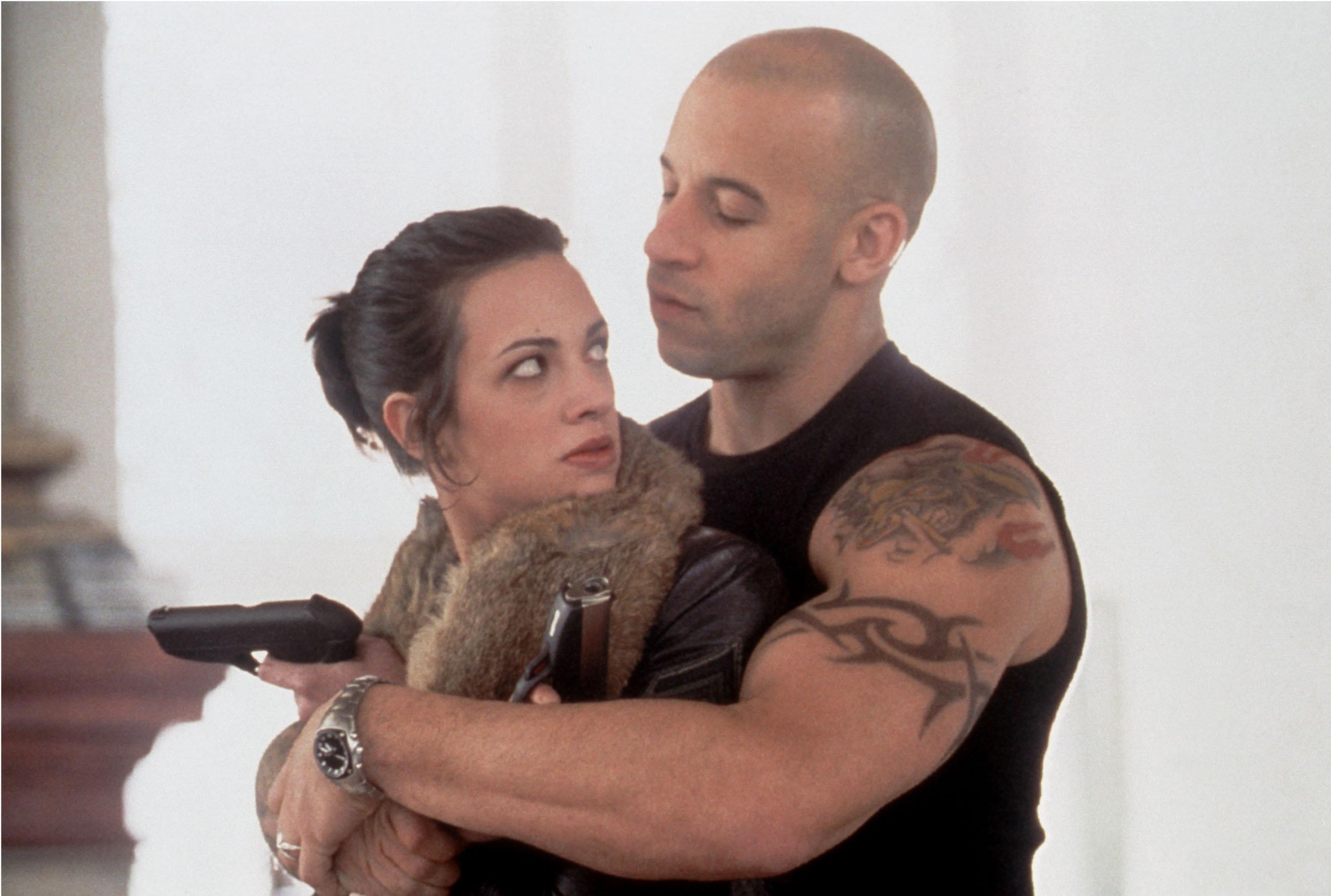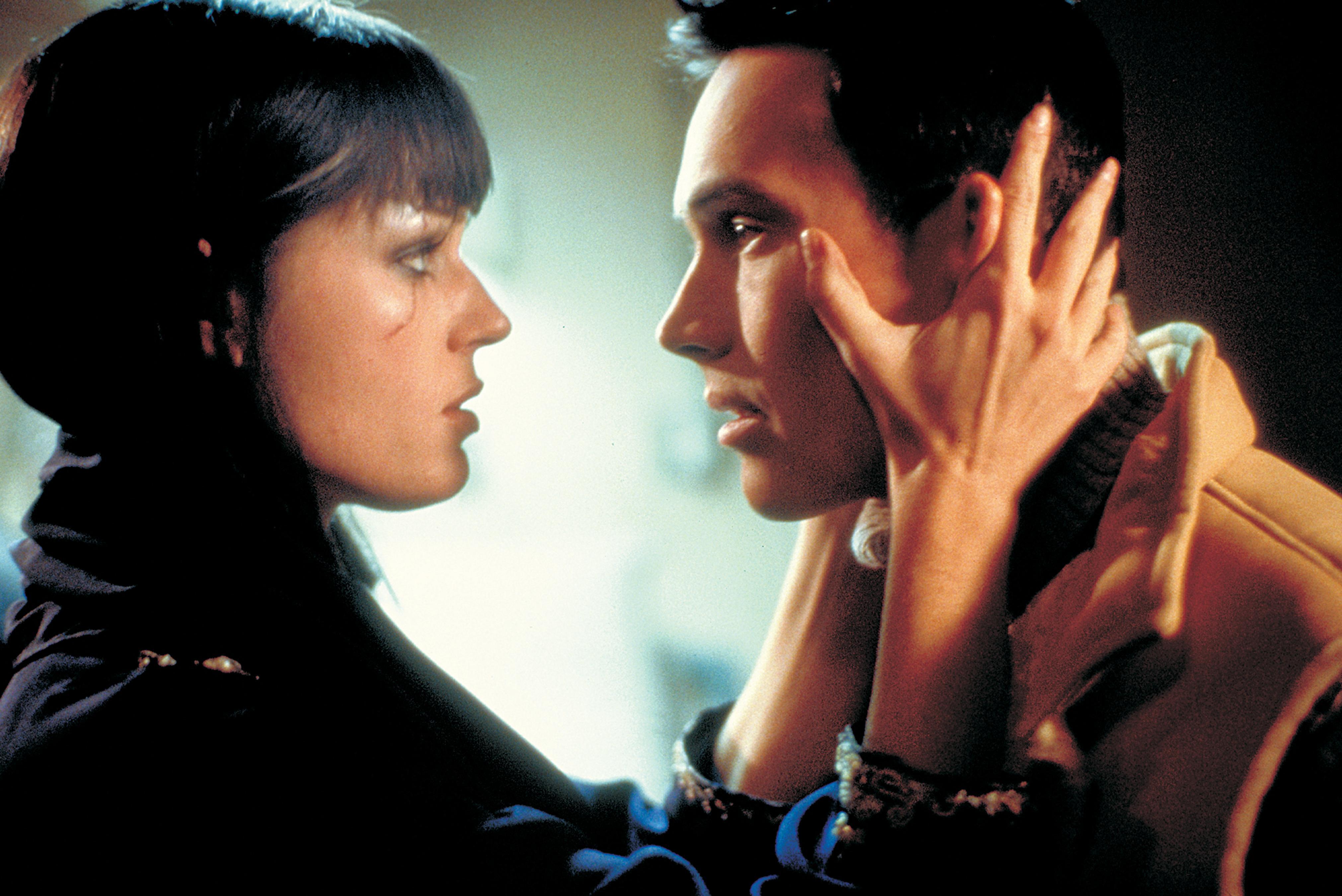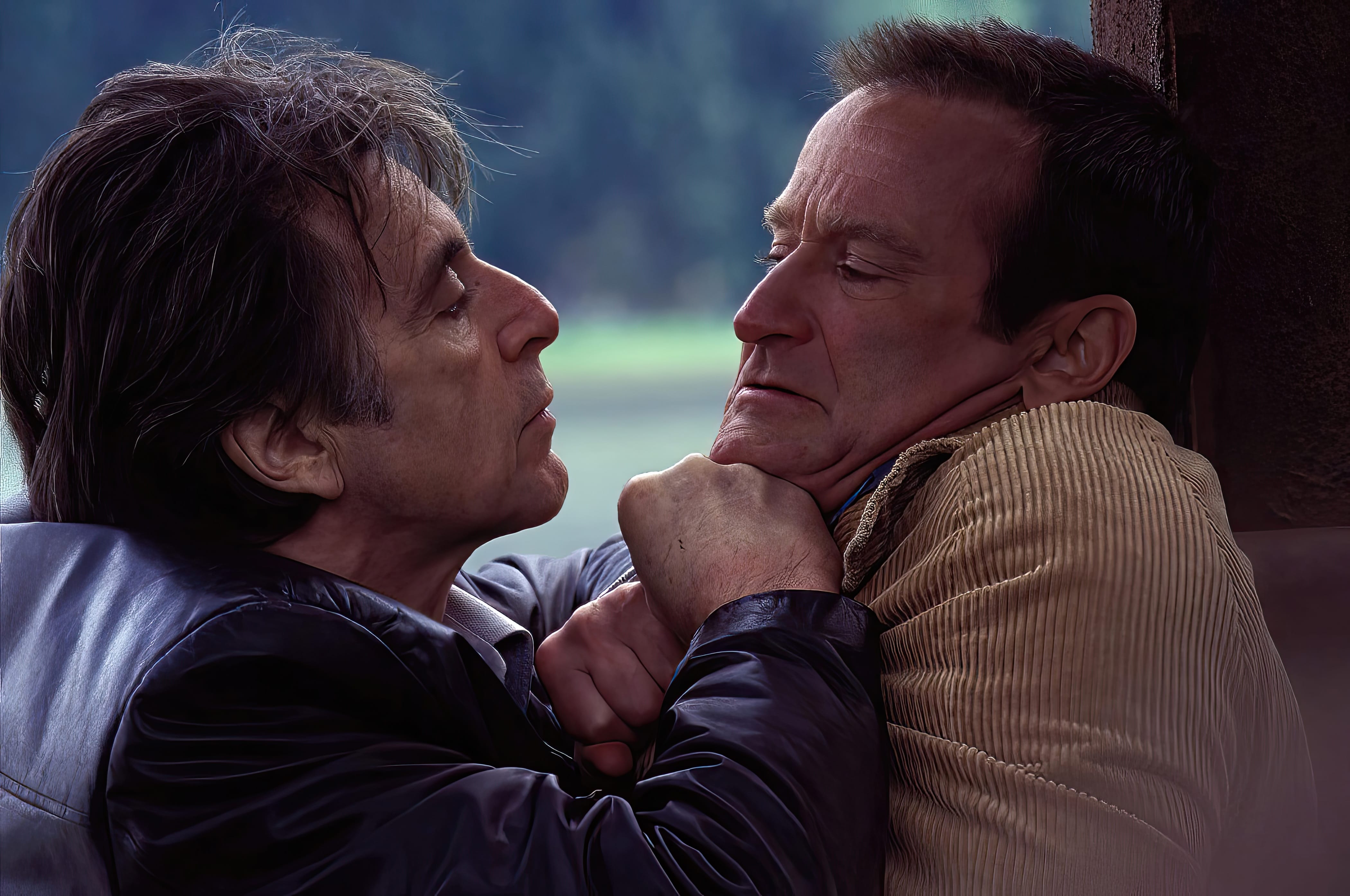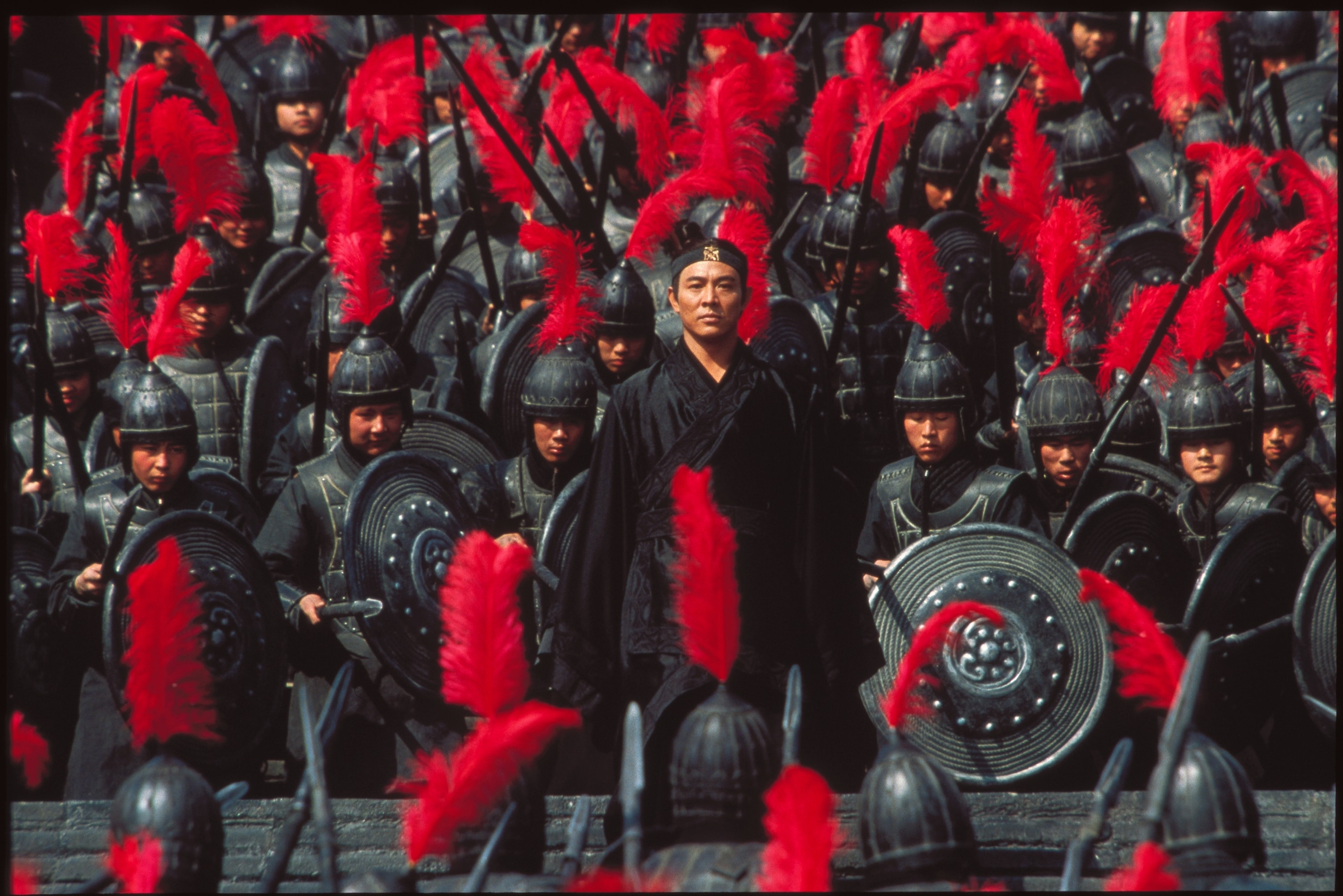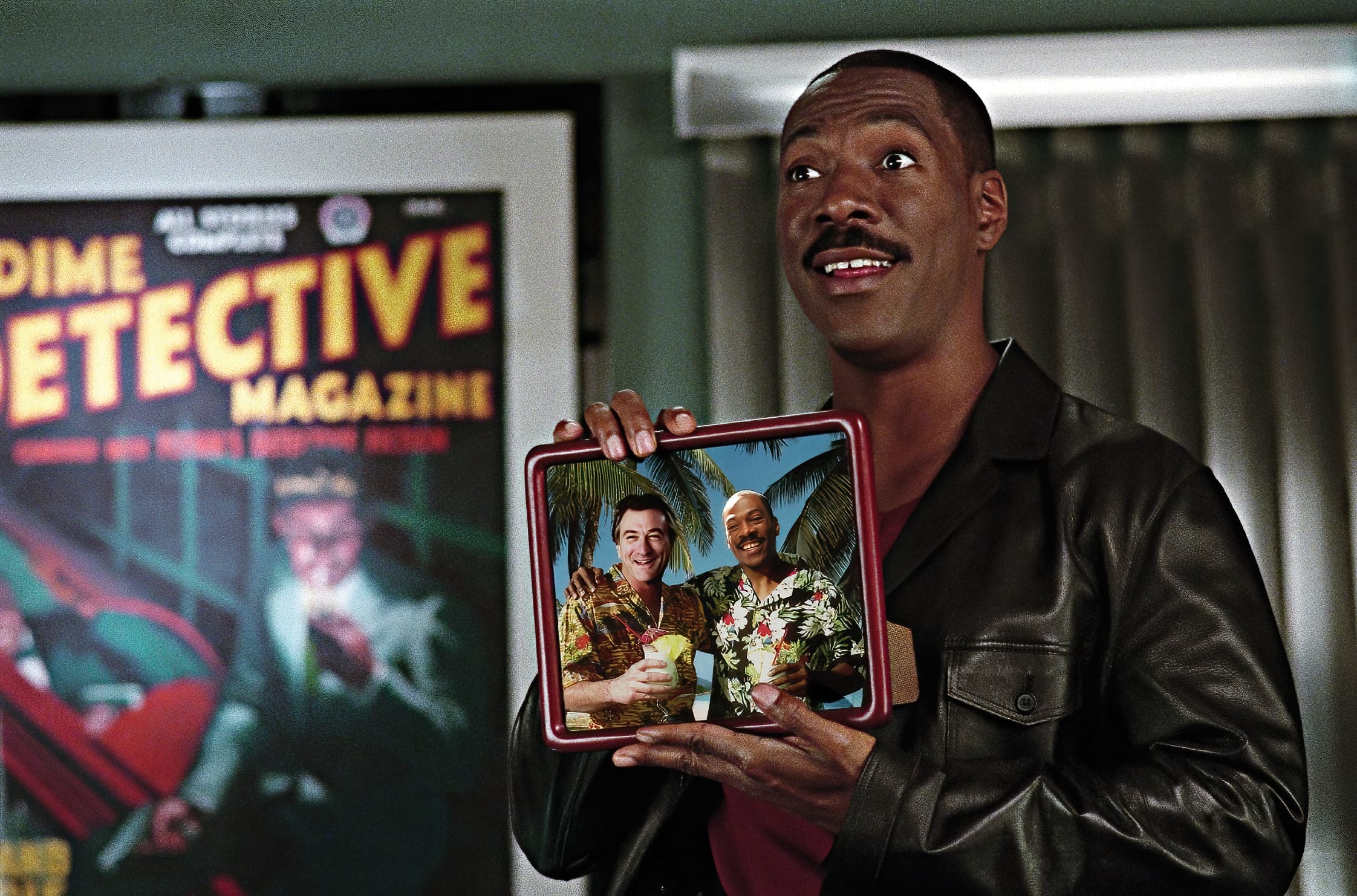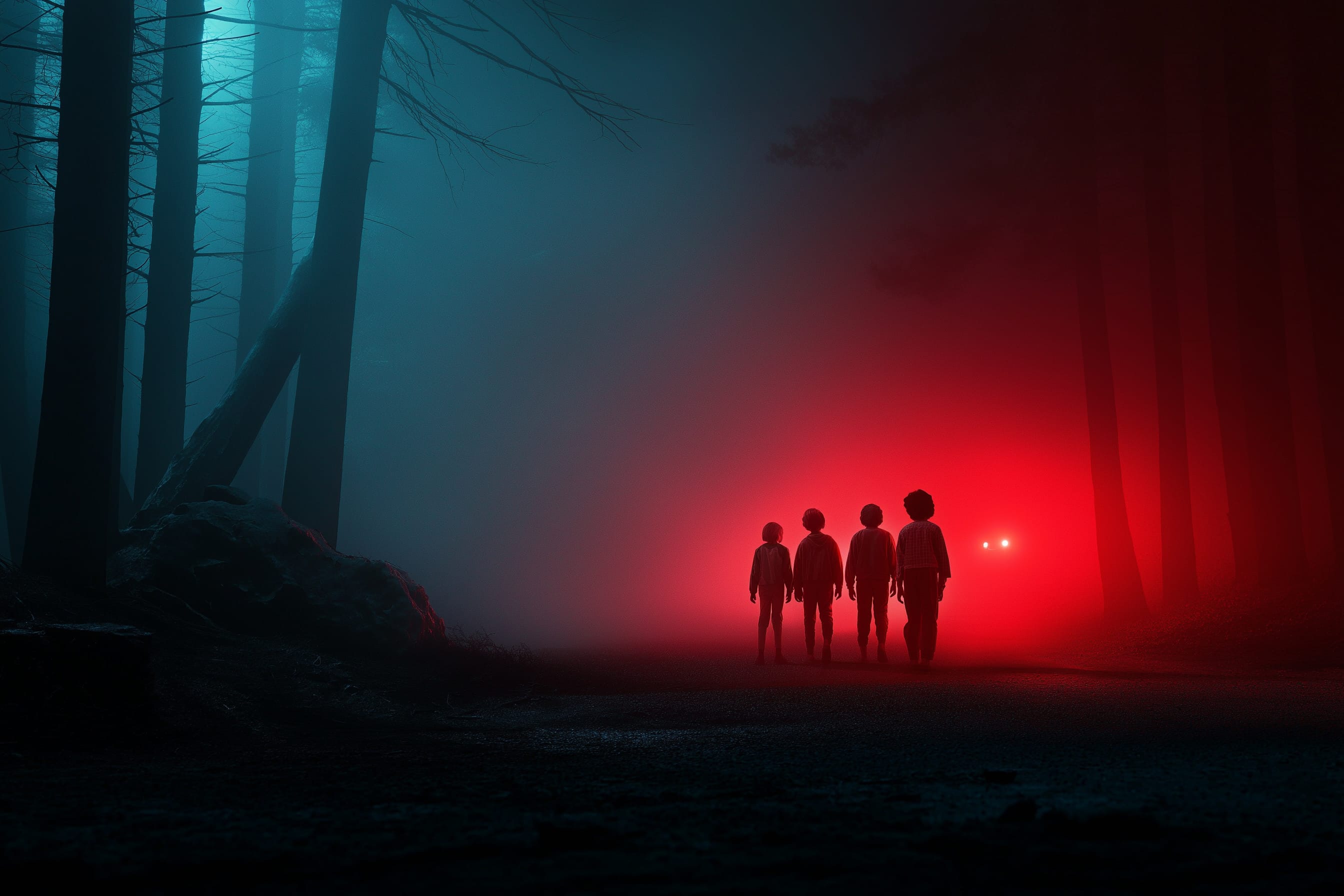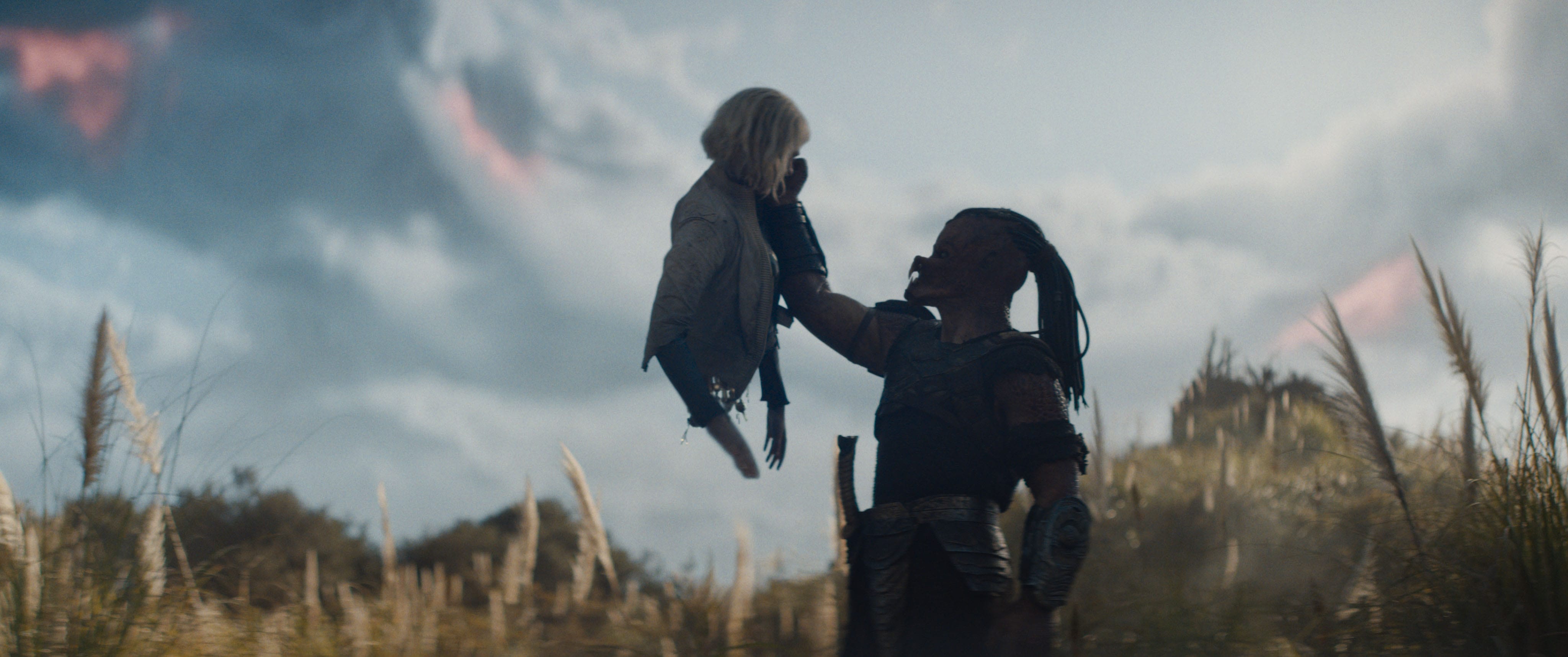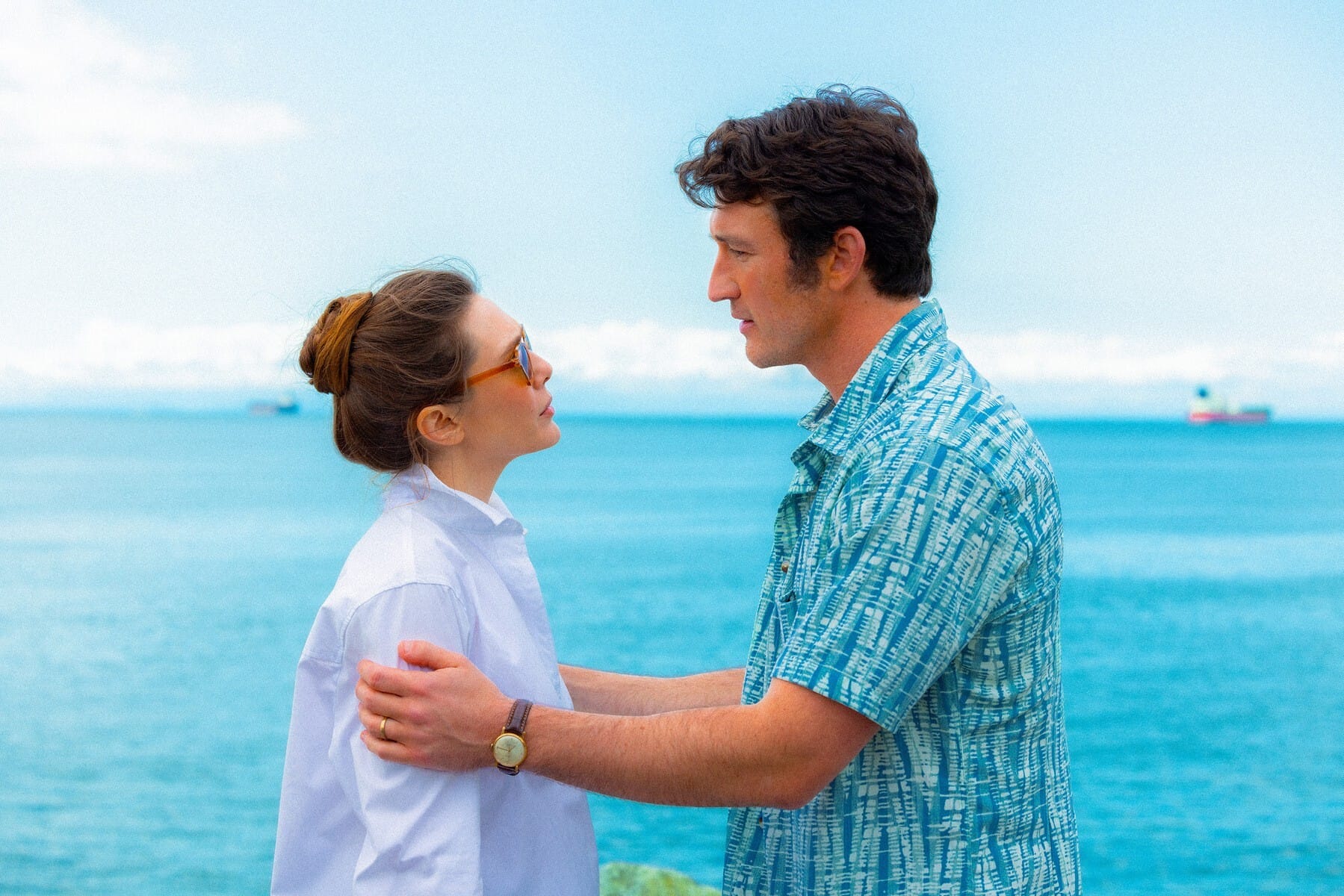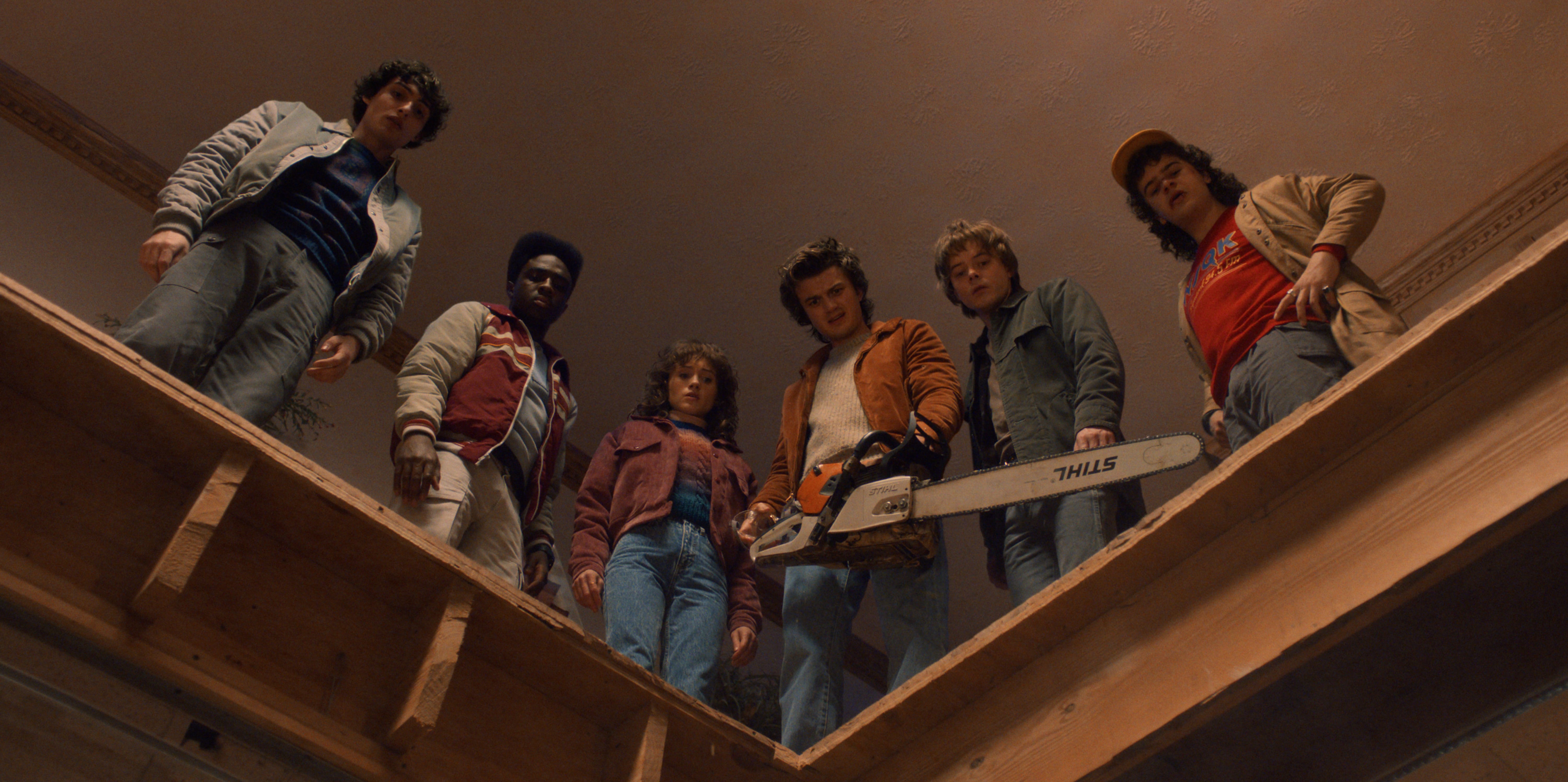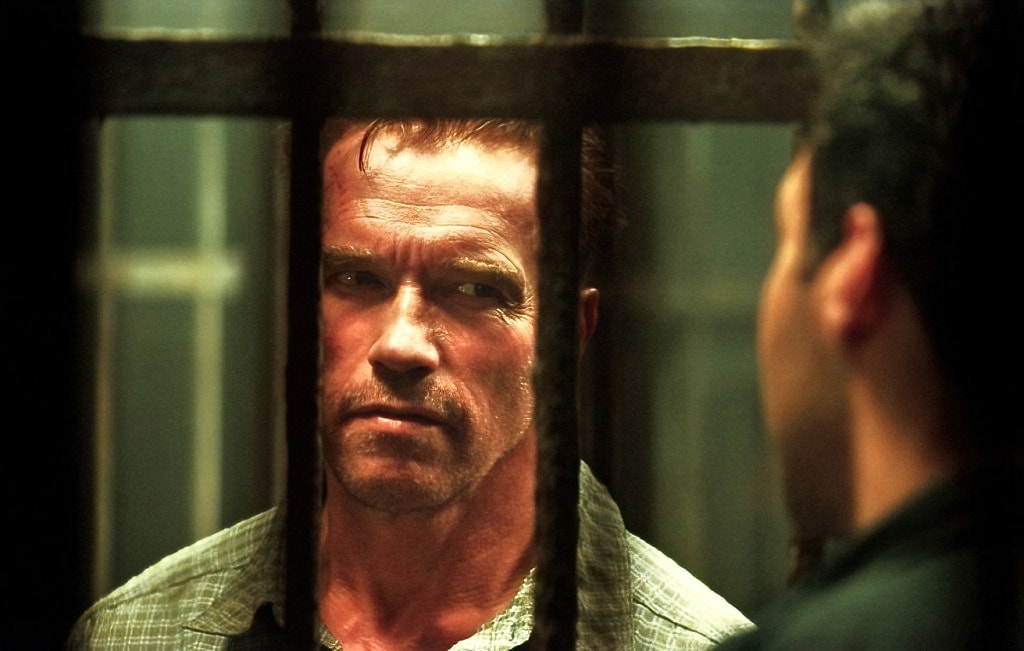
COLLATERAL DAMAGE (2002): A Misfire in Schwarzenegger’s Action Legacy
Arnold Schwarzenegger is an actor synonymous with larger-than-life heroes who defy impossible odds. Whether it’s battling a relentless alien in Predator (1987), taking on killer machines in The Terminator series, or delivering grenade-launcher justice in Commando (1985), Schwarzenegger built his career on movies that combined explosive action with an undeniable sense of fun. Collateral Damage, however, is a somber, sluggish attempt at a political thriller that fails to utilize the very qualities that made Arnold an action icon.
Released in 2002, Collateral Damage arrived at a difficult moment in history. Originally scheduled for release in late 2001, the film was delayed following the 9/11 terrorist attacks, as its themes of terrorism and violence against civilians suddenly felt uncomfortably close to reality. While the film does take a more grounded and serious tone compared to Arnold’s usual fare, the end result is a muddled and lifeless action thriller that never decides what kind of movie it wants to be.
A Familiar Premise with None of the Thrills
In Collateral Damage, Schwarzenegger plays Gordy Brewer, a Los Angeles firefighter whose wife and son are killed in a terrorist bombing orchestrated by a Colombian rebel known as “The Wolf” (Cliff Curtis). When the U.S. government fails to act, Gordy takes matters into his own hands, traveling to Colombia to hunt down the man responsible for the attack. It’s a classic revenge story, one that feels like it should be in Arnold’s wheelhouse. After all, we’ve seen him excel in similar “one-man army” roles, like Commando and The Running Man (1987).
But while the premise is familiar, the execution is surprisingly dull. The plot moves at a sluggish pace, bogged down by political intrigue and uninspired dialogue. The movie tries to balance action with a more grounded exploration of terrorism and its consequences, but it doesn’t commit to either approach. It’s too serious to work as an over-the-top Schwarzenegger action romp, yet too simplistic and clichéd to succeed as a thoughtful political thriller.
This tonal confusion results in a movie that’s neither exciting nor engaging. Compare this to True Lies (1994), which deftly balanced action, humor, and espionage to create a thrilling and highly entertaining ride. Collateral Damage, by contrast, feels like a by-the-numbers revenge movie that takes itself far too seriously without ever delivering the emotional or visceral payoff it promises.
Arnold Schwarzenegger: Out of His Element
Schwarzenegger has played his fair share of vengeful heroes, but Gordy Brewer might be one of his least compelling roles. While Arnold’s larger-than-life persona works perfectly in movies like Commando or Total Recall (1990), where his sheer physicality and charisma can carry even the most absurd scenarios, Collateral Damage requires a level of subtlety and vulnerability that doesn’t come naturally to him.
Gordy is meant to be an ordinary man—a firefighter thrust into extraordinary circumstances—but Schwarzenegger never feels believable as an everyman. His imposing physique and action-hero persona clash with the film’s attempt to ground him as a grieving husband and father. It’s hard to buy into the idea of Gordy as a regular guy when he’s sneaking through Colombian jungles, dismantling terrorist camps, and taking out professional killers like he’s still John Matrix from Commando.
To his credit, Arnold does try to tone down his usual bravado, and there are moments where he shows flashes of genuine emotion, particularly in the early scenes dealing with his family’s loss. But the script doesn’t give him enough depth to fully explore Gordy’s grief or transformation. Compare this to his performance in Terminator 2: Judgment Day (1991), where he managed to inject surprising emotional nuance into a literal killing machine. In Collateral Damage, Arnold feels like a shadow of his former self, trapped in a role that neither plays to his strengths nor allows him to grow as an actor.
A Weak Villain and Unmemorable Supporting Cast
One of the hallmarks of a great Arnold Schwarzenegger movie is a memorable villain. Think of the cold, efficient T-1000 in Terminator 2 or the taunting Predator in Predator. A compelling antagonist gives Arnold someone worthy to face off against, raising the stakes and making the hero’s triumph all the more satisfying. Unfortunately, Collateral Damage saddles us with a lackluster villain in “The Wolf,” played by Cliff Curtis.
While Curtis is a talented actor, his character is underdeveloped and generic. The Wolf’s motivations are thinly sketched, and he lacks the menace or charisma needed to make him a compelling adversary. There’s also a twist involving his wife Selena (Francesca Neri) that’s meant to add complexity to the story, but it feels predictable and poorly executed, robbing the film of any real tension.
The supporting cast, which includes John Leguizamo as a Colombian drug runner and Elias Koteas as a CIA operative, is serviceable but unremarkable. Even with their efforts, the characters feel more like plot devices than fully realized individuals. Compare this to Total Recall, where every supporting character, from Sharon Stone’s duplicitous wife to Michael Ironside’s relentless villain, added color and personality to the story. In Collateral Damage, the ensemble fails to leave any lasting impression.
Action Without Energy
For an Arnold Schwarzenegger movie, the action in Collateral Damage is surprisingly tame and uninspired. Director Andrew Davis (The Fugitive, Under Siege) is capable of crafting tight, suspenseful sequences, but here, the action feels muted and forgettable. The film lacks the explosive set pieces and inventive choreography that made Schwarzenegger’s earlier movies so exhilarating.
There’s a jungle infiltration sequence and a climactic showdown involving a bomb plot, but neither scene generates much excitement. The action is competently staged but lacks the adrenaline-pumping spectacle you’d expect from an Arnold film. Even Eraser (1996), which isn’t one of Schwarzenegger’s best movies, had more creativity in its action scenes, with its railgun shootouts and crocodile brawls. Collateral Damage feels like it’s going through the motions, delivering generic action beats that fail to stand out.
A Misguided Attempt at Seriousness
One of the biggest problems with Collateral Damage is that it tries to tackle serious themes like terrorism and the human cost of violence but doesn’t have the nuance or insight to do so effectively. The movie flirts with the idea of moral ambiguity—raising questions about the cycle of violence and the collateral damage caused by revenge—but it never fully engages with these ideas.
Instead, the film retreats into formulaic action-movie territory, undermining its more serious ambitions. Compare this to Terminator 2, which explored weighty themes like free will and humanity’s destructive tendencies while still delivering unforgettable action. Collateral Damage lacks that balance, leaving its message muddled and its execution unsatisfying.
Final Thoughts: A Damaged Legacy
Collateral Damage is one of Schwarzenegger’s most forgettable films, a generic and tonally confused thriller that fails to capitalize on his star power. While the movie tries to position itself as a more grounded and serious take on the revenge genre, it lacks the emotional depth or compelling action needed to make it stand out.
For fans of Arnold’s best work, this movie will likely be a disappointment. It doesn’t have the spectacle of Total Recall, the intensity of Predator, or even the over-the-top fun of Commando. If you’re in the mood for Schwarzenegger taking down bad guys, stick to his classics—or even some of his more underrated fare, like The Last Stand (2013).
In the end, Collateral Damage feels like an Arnold Schwarzenegger movie trying to be something it’s not: a thoughtful, grounded political thriller. Unfortunately, the result is a bland and forgettable misfire that doesn’t do justice to Arnold’s action legacy.

 By Jakob Montrasio
By Jakob Montrasio 